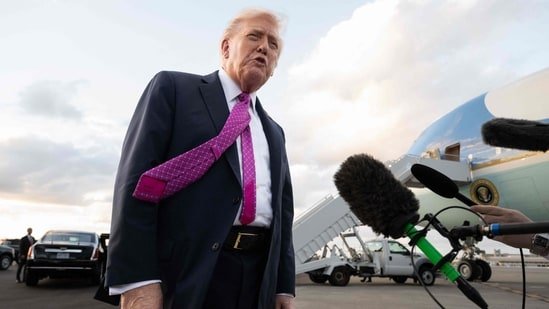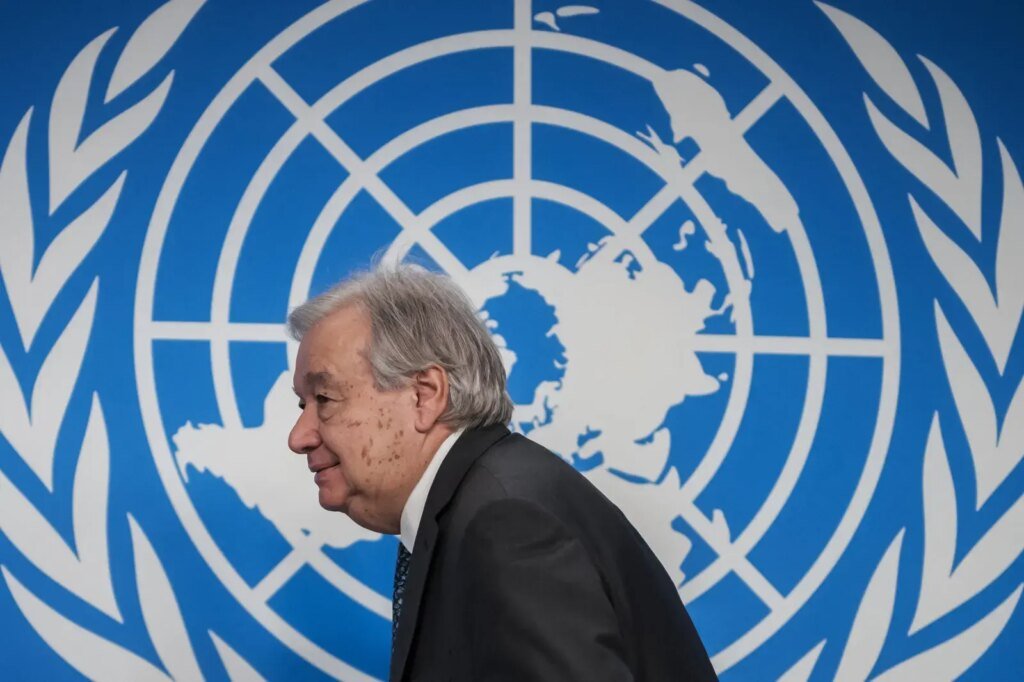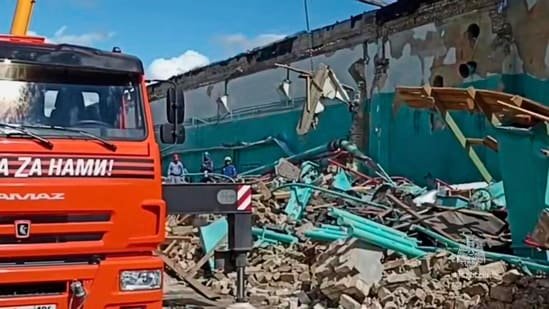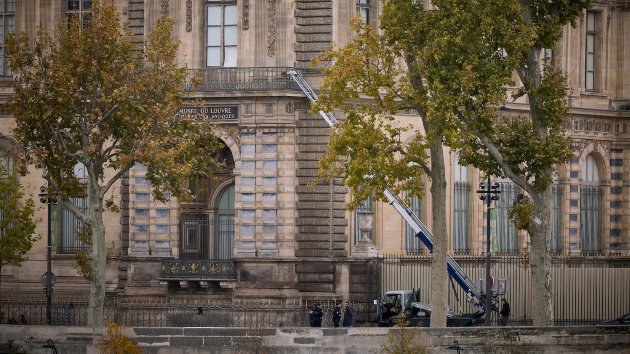Lithuanian President Gitanas Nauseda on Thursday said that the Russian military planes briefly violated the country’s airspace in the evening, condemning what he termed as a blatant breach of the territorial integrity of his European Union and NATO-member country. He also said that the foreign ministry planned to summon the Russian Embassy representative to protest the violation.

In a post on social media platform X, the president said, “This is a blatant breach of international law and territorial integrity of Lithuania.” Talking about the importance of air defence, he said, “Once again, it confirms the importance of strengthening European air defence readiness.”
Moscow has not yet commented on the issue.
Also read: Russian fighter jets violate Estonian airspace in yet another NATO incursion
Seeing the neighbouring Russia’s aggression towards Ukraine, the Baltic nations have been on heightened alert. In recent weeks, a series of mysterious drone incidents and airspace violations by Russian warplanes have fueled concerns that Russian President Vladimir Putin might be testing NATO’s defensive reflexes.
Some leaders have even accused Putin of waging a hybrid war in Europe, with Moscow denying probing NATO’s defences.
In a statement, the Lithuanian armed forces said that two Russian military aircraft flew into Lithuanian airspace at around 6 pm local time on Thursday. They flew about 700 meters into the airspace. The aircraft, identified as SU-30 and IL-78 refuelling aircraft, flew away after roughly 18 seconds.
Also read: Russia conducts nuclear drills in Putin’s presence, no peace in sight in Ukraine amid new tensions
As per the armed forces, they believe the military planes might have been conducting refuelling exercises in the neighbouring Russian exclave of Kaliningrad. Two Spanish fighter jets, which had been doing NATO air policing missions, were scrambled and flew out to the area.
Earlier on Thursday, Nausėda joined a summit at the European Council building in Brussels, where EU leaders approved the ‘Readiness 2030 plan’ to strengthen Europe’s defence against external threats by the end of the decade.
(With inputs from AP)







